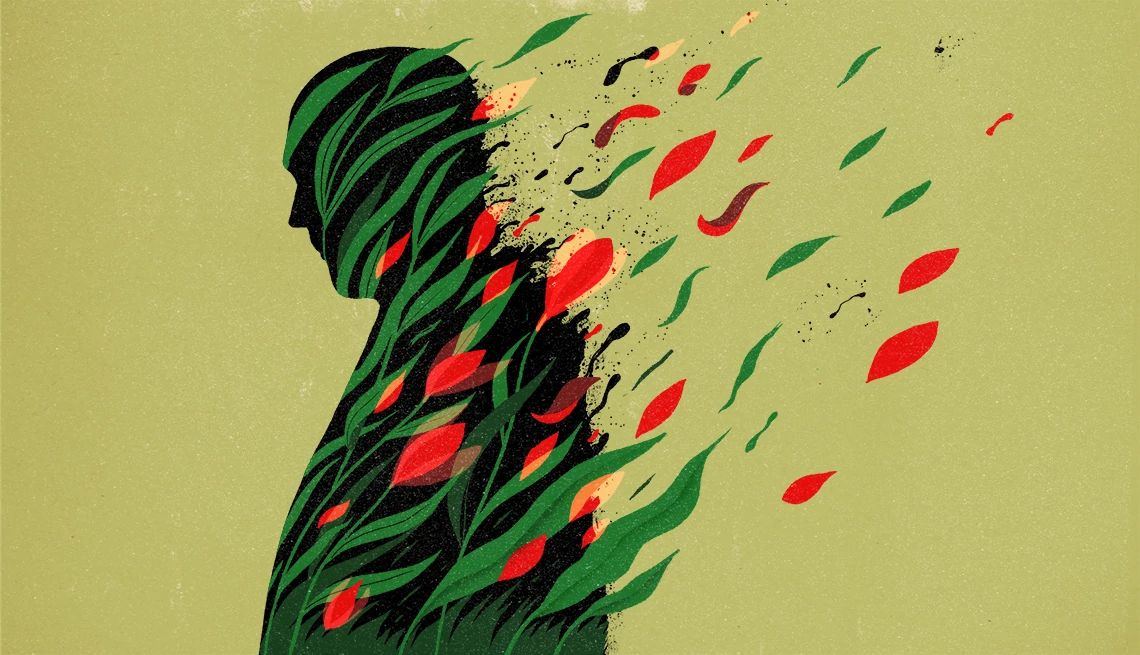Play all audios:
My husband and I had been traveling heavy since leaving our New Jersey home to kayak across the lakes of the upper Midwest last June. Harry and I had crammed our Subaru with luggage, life
preservers, oars, snacks and a five-cup Mr. Coffee. Our boats were strapped to the roof. In the wayback, a 4-pound box was cushioned in towels. It contained my father’s ashes. This last was
a late addition to our packing list. The rest served the trip’s original purpose of celebrating Harry’s and my recent retirements. Harry thought it would be memorable to launch this next
chapter with a two-week adventure promising big skies, fresh water lakes, local brewpubs and omnipresent whitefish. A few months before we hit the road, my 91-year-old father had died. It
was a painful loss, though not unexpected. My mother, two younger sisters and I had been losing him to Alzheimer’s disease for years. On every visit back to St. Louis, where he’d spent all
but a few years of his life, it was apparent how much more diminished he’d become. In the early stage of memory loss, my naturally sharp dad started repeating a “greatest hits” lineup of
anecdotes, such as how he learned to fly a small plane with a trainer who hid his epilepsy. He conflated childhood memories with adult experiences, asking if I remembered Terry, his
cherished terrier who died decades before I was born. He feared change and was as firmly stuck in place as the evergreens he’d planted in the backyard, though the house was ill-equipped for
a frail elderly man who wouldn’t let anyone but his wife touch him. As his 24/7 aide, my mother was awake whenever he was, usually on kitchen or bathroom duty, at the mercy of his mercurial
emotions. If she ventured out of his sight for more than a couple minutes to chat with a visitor, he called frantically for her return. I was sometimes one of those visitors whom he viewed,
in his illness-altered perspective, as competing for his wife’s attention. My mother and I were talking in the kitchen once when my dad wandered in and demanded that she watch an old movie
with him. “Hank, your daughter’s here,” my mom countered gently. “Why don’t you keep us company?” He still recognized me, but it didn’t matter. He gave her a long, suspicious side eye, then
trudged back to the comforts of black-and-white Danny Kaye. I knew, of course, that this was not the warm and mischievous family man who, while on a business trip to New York, treated me to
two Broadway shows in one day. That version of my father would have been mortified to witness the hell this new version made my mother endure. I understood all that, yet losing the
father-daughter bond still hurt.

